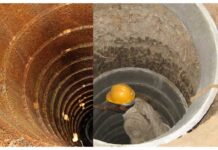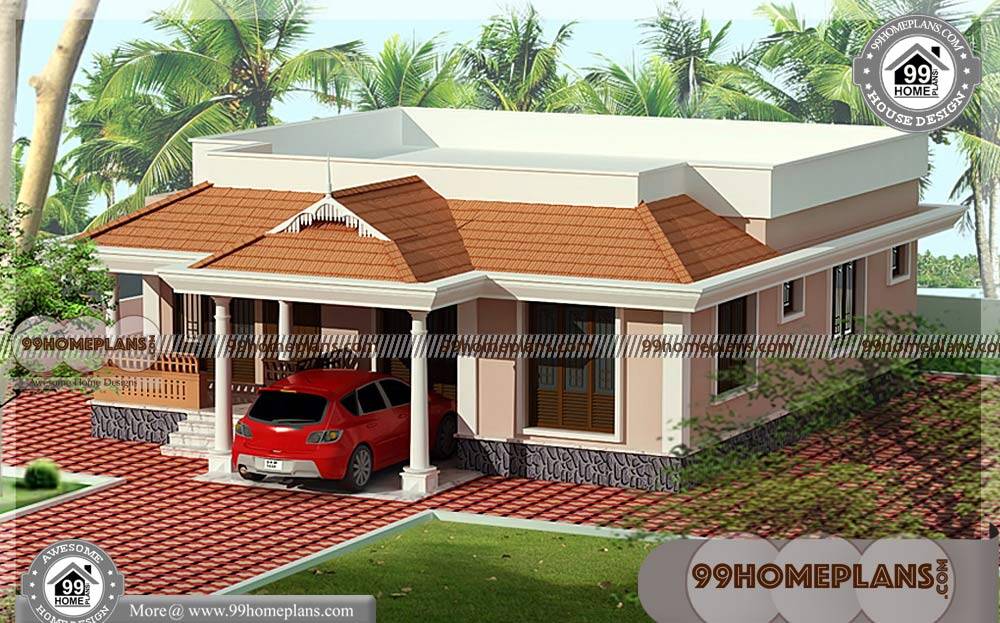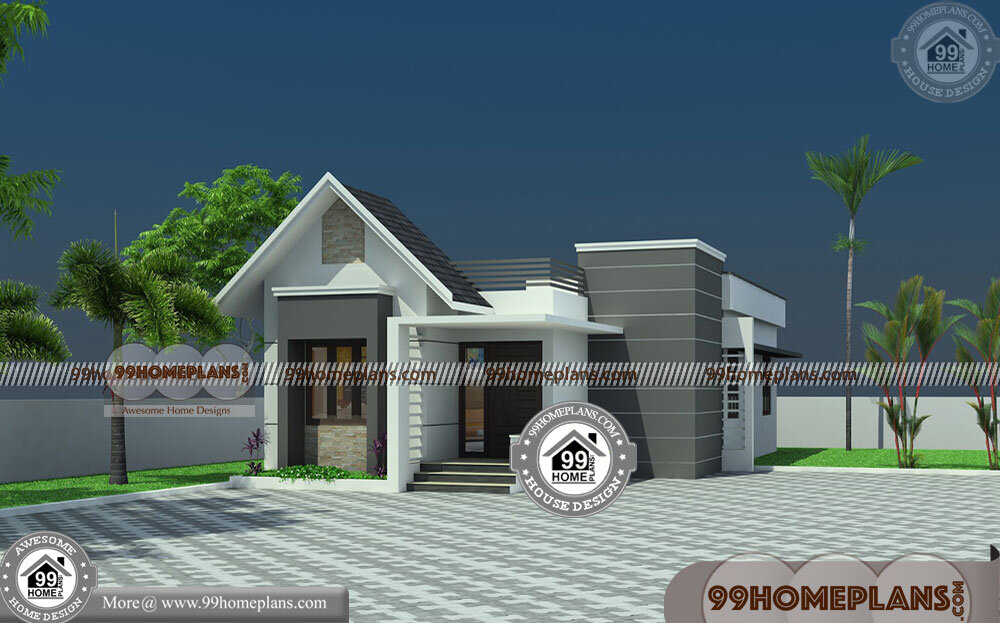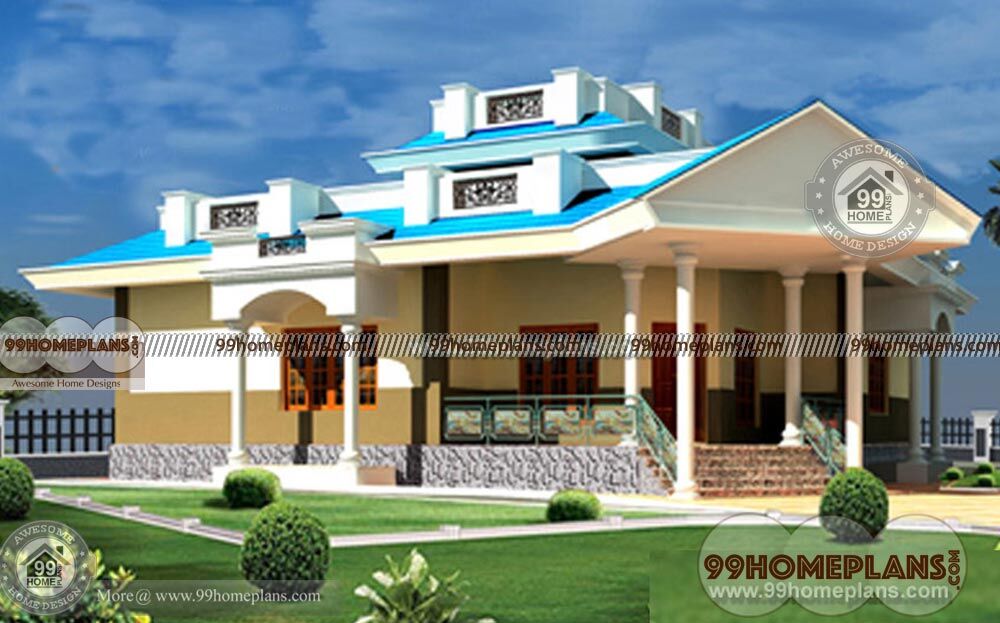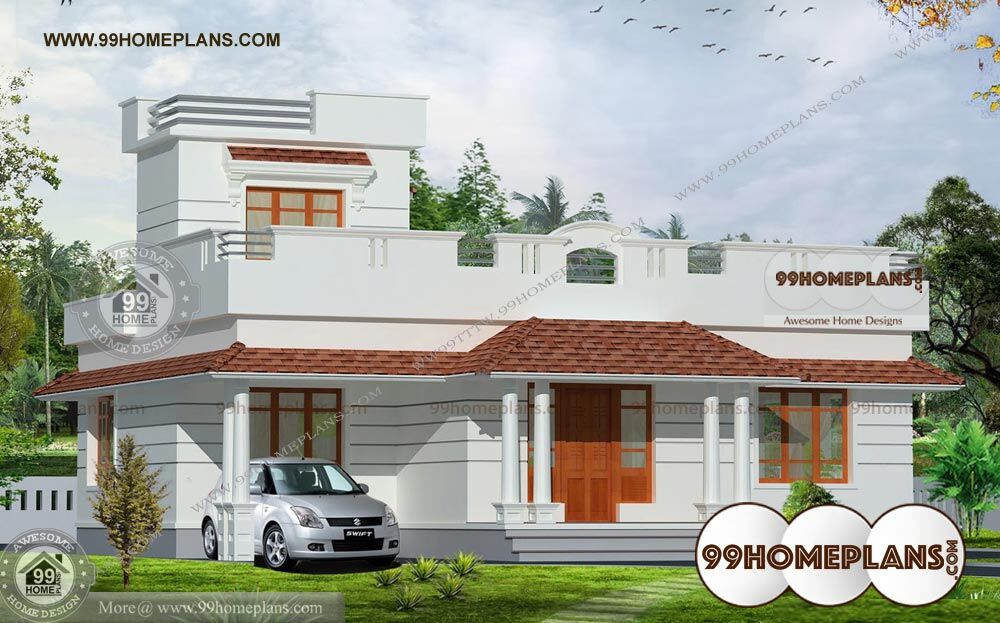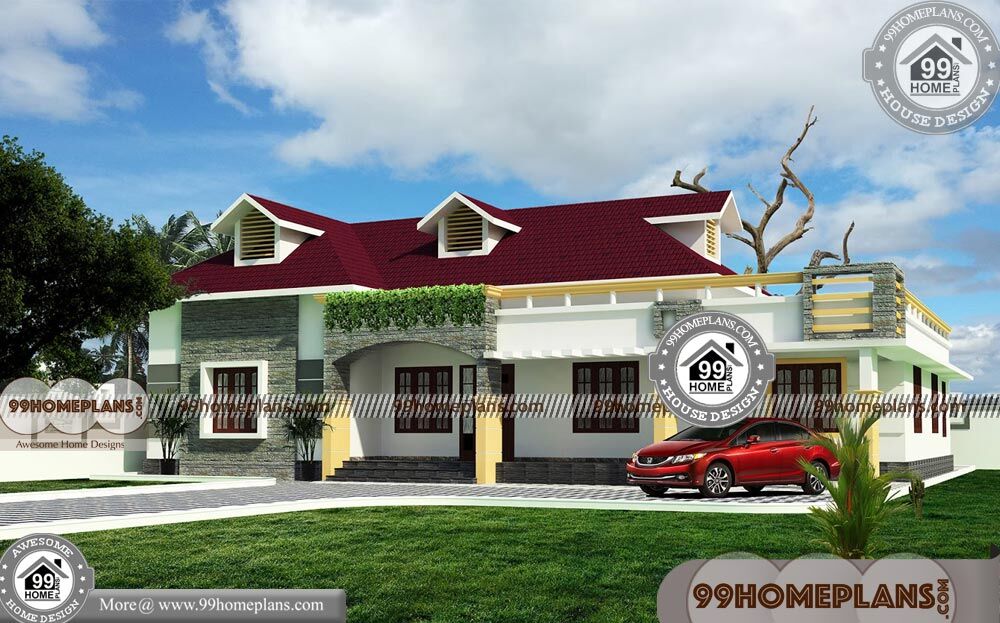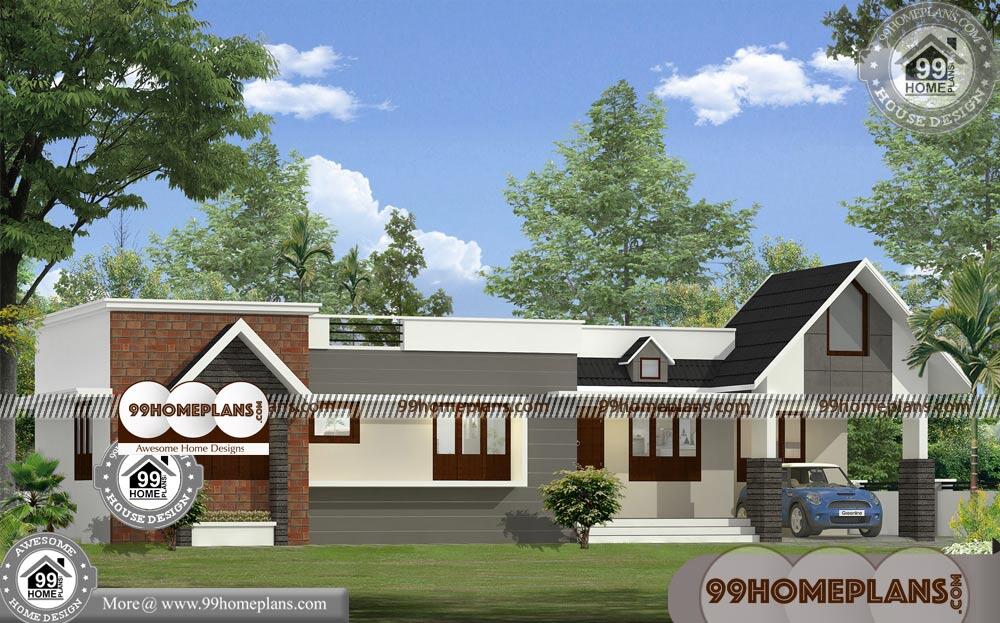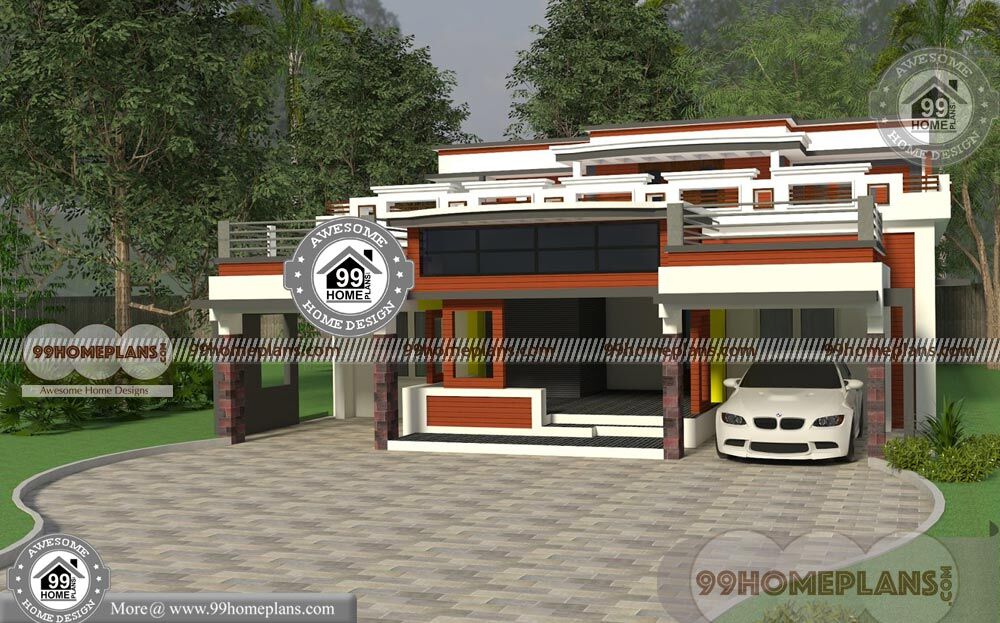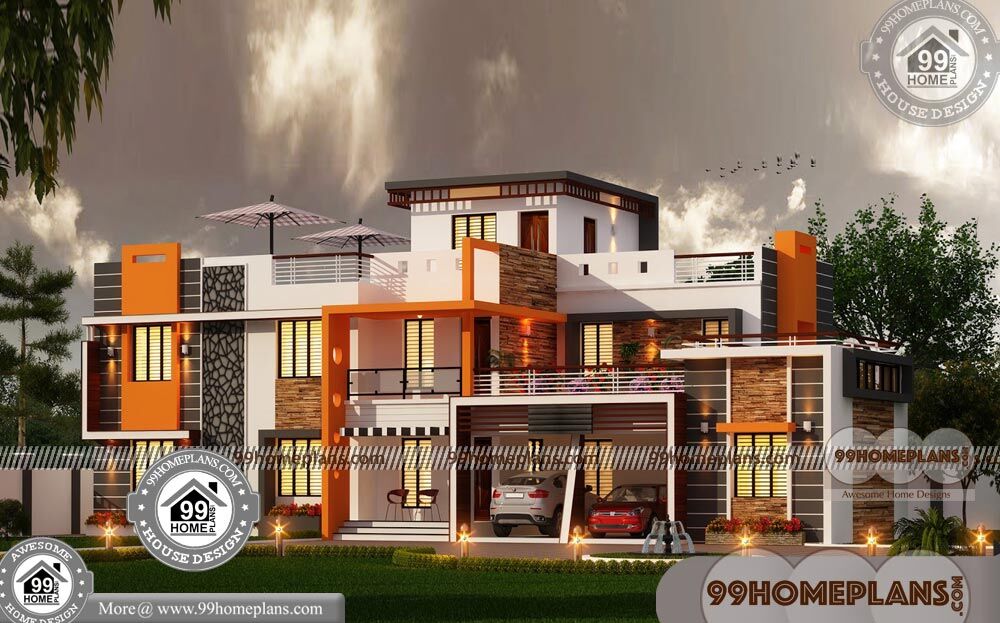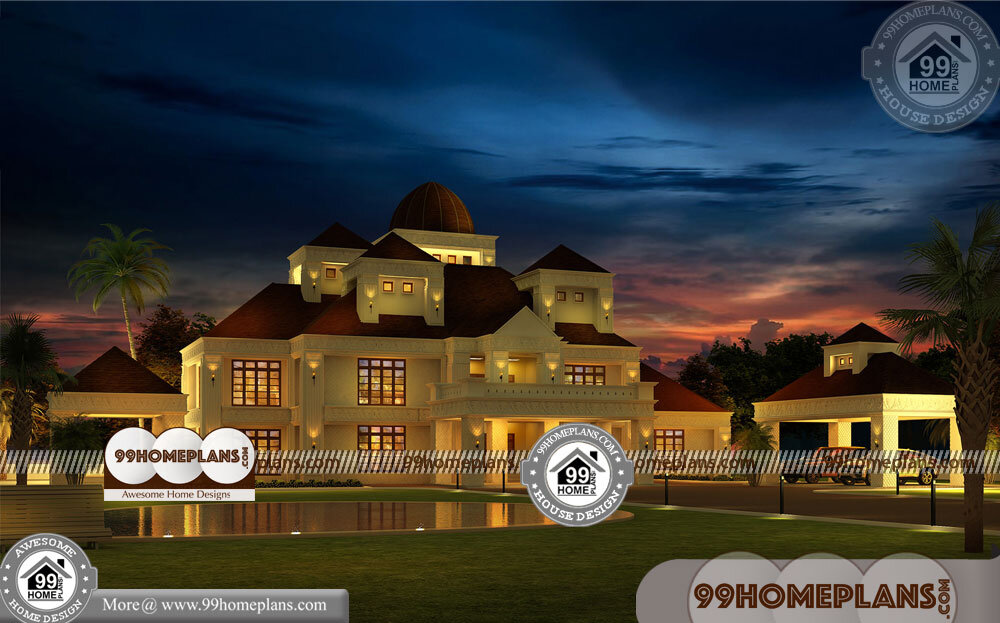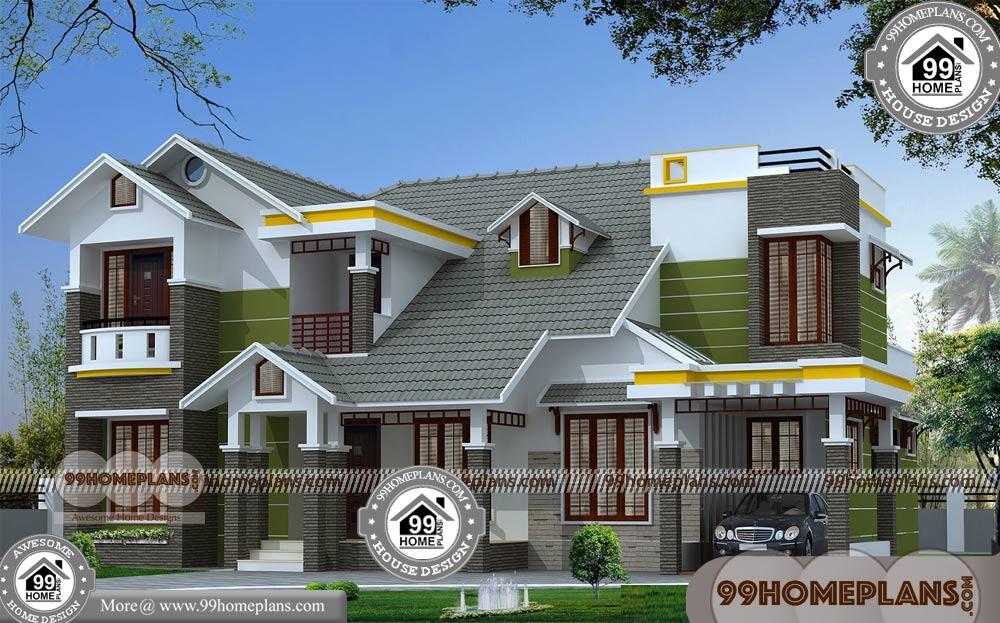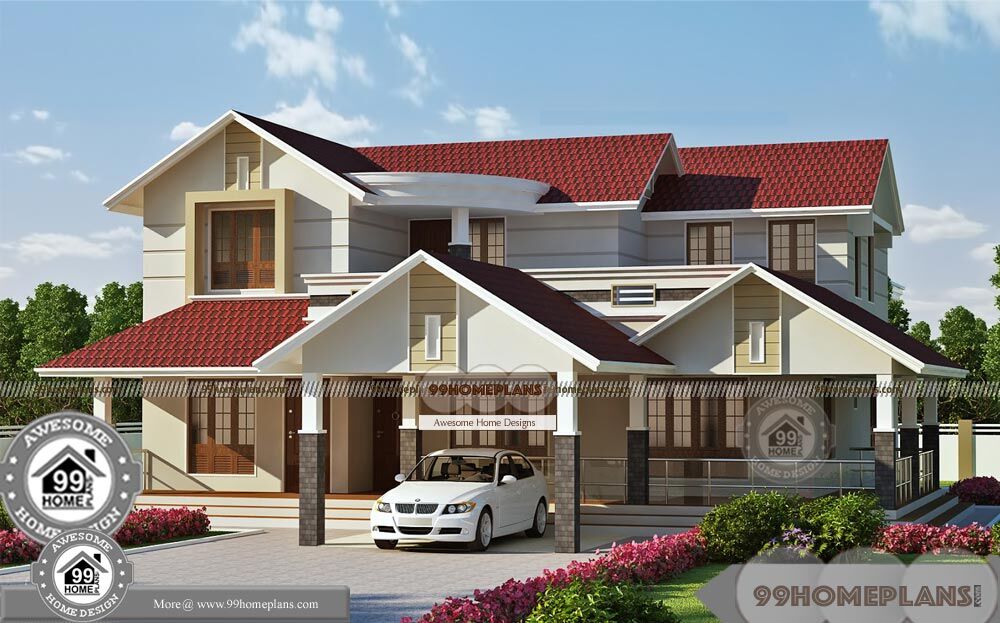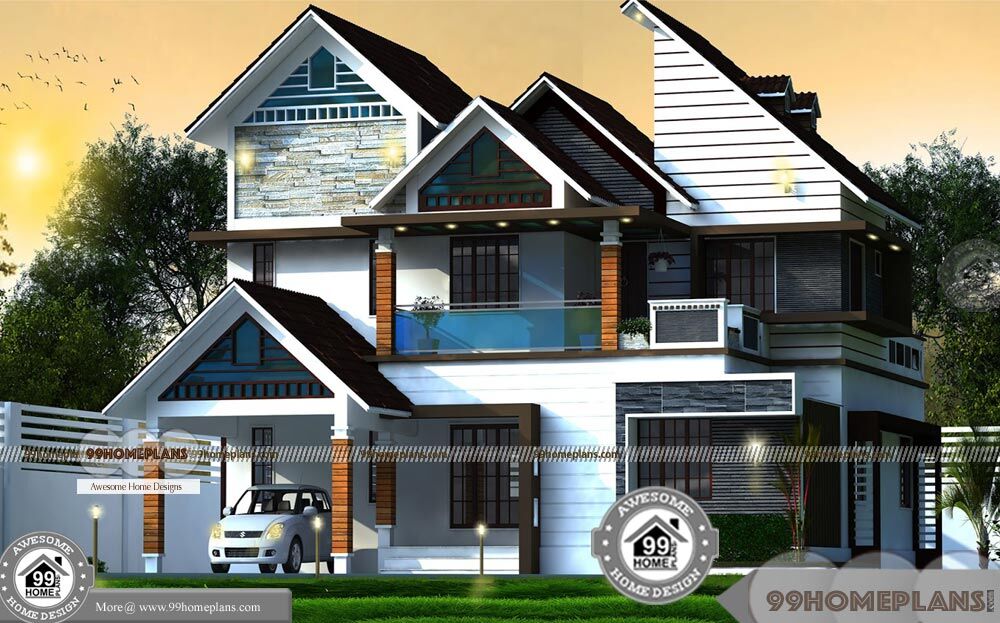Choosing the right material for house interiors is a crucial decision, as it can affect the overall quality and durability of the space. Two popular options for interior materials are multiwood and marine plywood.
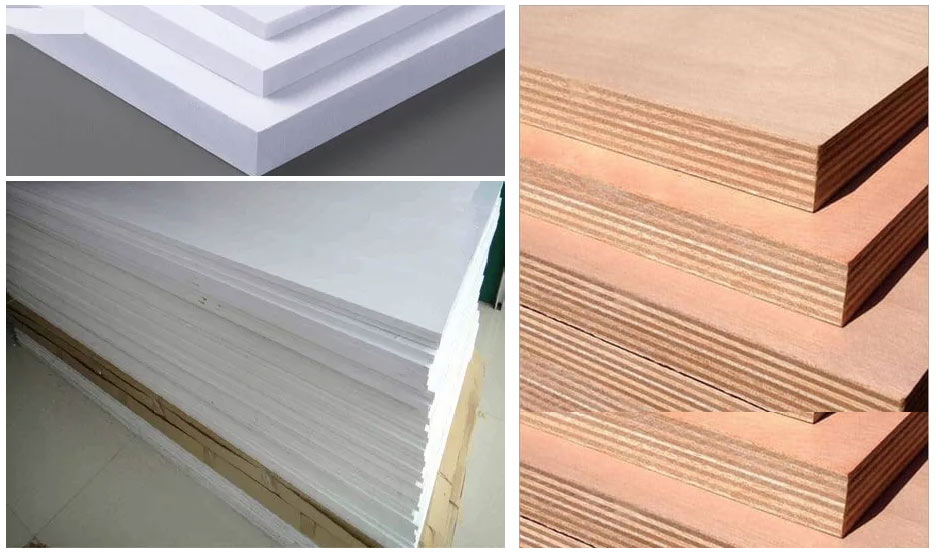
Multiwood is an engineered wood made from wood chips and synthetic resin. It is known for its low cost, high durability, and resistance to moisture and termites. However, it also has its disadvantages, including a weaker structural strength compared to other materials and a tendency to swell or warp in high humidity environments.
Marine plywood, on the other hand, is a high-quality plywood made from durable hardwood veneers and a waterproof adhesive. It is known for its strength, stability, and resistance to moisture and decay. While it is a more expensive option compared to multiwood, it is a preferred choice for areas that are exposed to moisture and humidity.
When it comes to house interiors, the choice of building materials can significantly impact the look, feel, and durability of the space. Two popular options for interior applications are multiwood and marine plywood. In this article, we will compare these two materials in terms of price, advantages and disadvantages, uses, and more.
Subtitles:
- Price Comparison
- Advantages and Disadvantages of Multiwood
- Advantages and Disadvantages of Marine Plywood
- Uses of Multiwood and Marine Plywood
- Comparison Table
- Suggestions for Choosing Between Multiwood and Marine Plywood
- Conclusion
- Pros and Cons of Multiwood and Marine Plywood
1. Price Comparison: Multiwood is generally more affordable than marine plywood due to its composition of wood chips and synthetic resin. However, the price of multiwood can vary depending on the thickness and quality of the material. Marine plywood, on the other hand, is more expensive due to its high-quality hardwood veneers and waterproof adhesive.
2. Advantages and Disadvantages of Multiwood:-
a) Advantages:
- Low cost compared to marine plywood
- High durability
- Resistant to moisture and termites
- Easy to work with and shape
- Available in a variety of thicknesses and sizes
b) Disadvantages:
- Can have lower strength compared to marine plywood
- Not suitable for heavy structural applications
- Limited availability in some regions
- May not have the same aesthetic appeal as natural wood
3. Advantages and Disadvantages of Marine Plywood:-
a) Advantages:
- High strength and stability
- Resistant to moisture, decay, and termites
- Available in a range of grades and thicknesses
- Can be used for heavy structural applications
- Aesthetically pleasing natural wood finish
b) Disadvantages:
- More expensive than multiwood
- Can be heavy and difficult to work with
- May require specialized tools and skills for installation
- Limited availability in some regions
4. Uses of Multiwood and Marine Plywood:-
a) Multiwood:
- Interior walls and ceilings
- Furniture and cabinetry
- Decorative paneling
- Partitions and dividers
b) Marine Plywood:
- Boat and yacht construction
- Structural applications such as flooring and roofing
- Outdoor construction such as decks and fences
- High moisture environments such as bathrooms and kitchens
5. Comparison Table:
| Criteria | Multiwood | Marine Plywood |
|---|---|---|
| Price | Affordable | Expensive |
| Durability | High | Very high |
| Strength | Moderate | High |
| Resistance to moisture | Yes | Yes |
| Resistance to termites | Yes | Yes |
| Aesthetic appeal | Moderate | High |
| Availability | Limited | Limited |
6. Suggestions for Choosing Between Multiwood and Marine Plywood:-
- Consider the application and environment
- Evaluate the strength and durability requirements
- Determine the budget and availability
- Consult with a professional or expert in the field
7. Conclusion:
Both multiwood and marine plywood have their own advantages and disadvantages, and the choice between the two ultimately depends on the specific requirements and conditions of the project. Multiwood is a good choice for cost-effective, durable, and moisture-resistant interior applications, while marine plywood is suitable for heavy structural and high moisture environments.
8. Pros and Cons of Multiwood and Marine Plywood:-
a) Multiwood Pros:
- Low cost
- High durability
- Resistant to moisture and termites
- Easy to work with
b) Multiwood Cons:
- Lower strength compared to marine plywood
- Not suitable for heavy structural applications
- Limited availability in some regions
Marine Plywood Pros:
- High strength


